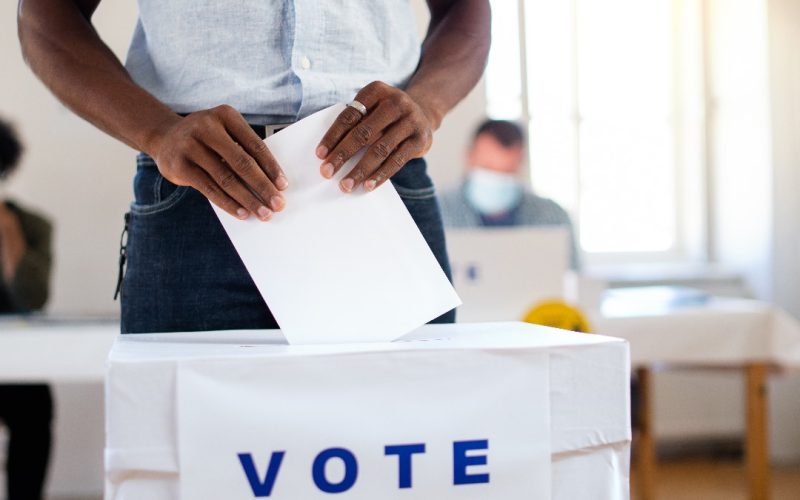Accusations of voting irregularities involving the LIBRE party have heightened the strain on the Honduran political framework. Several factions within the opposition, alongside election process experts, have highlighted efforts to tamper with the Preliminary Election Results Transmission System (TREP), introducing a fresh wave of doubt to the nation’s democratic scene.
Claims of system interference
According to reports released in recent hours, coordinated maneuvers have been detected to block official TREP transmissions and replace them with altered digital records in favor of LIBRE candidates. These allegations have prompted immediate calls from the opposition for mass demonstrations in Tegucigalpa and other cities to demand transparency and independent audits of the electoral system.
The concern is not limited to the domestic sphere. The electoral mission of the Organization of American States (OAS) expressed concern about the irregularities reported, reflecting the magnitude of the tensions that could overwhelm the institutional framework.
Feedback from adversaries and the global community
Opposition leaders have warned of practices that include vote buying, pressure on election officials, and maneuvers involving key bodies responsible for ensuring the transparency of the process. According to these allegations, the practices are aimed at favoring the ruling party in a highly polarized electoral context.
The global community has been attentively monitoring these events.
For international entities, such as the OAS, the situation presents the danger of protest escalation, potentially leading to episodes of political violence, directly impacting the democratic stability of the nation.
Threats to democratic systems
The ongoing crisis clearly reveals the shortcomings of the Honduran electoral system, especially considering accusations of technological interference. In this scenario, the public’s distrust towards the bodies accountable for guaranteeing the electoral process’s transparency is growing, further deepening the political polarization.
The perception that democracy is at risk erodes the legitimacy of state institutions and creates fertile ground for disputes that could lead to an institutional crisis. In turn, public pressure and the role of the international community appear to be decisive factors in containing the effects of any disruption of the results.
The Honduran electoral landscape is unfolding amid strong tensions between the ruling party and the opposition, with the institutional system’s ability to guarantee reliable results being called into question. In this scenario, the transparency of the TREP and the monitoring by international organizations will be decisive in determining whether the country manages to get through the electoral process without deepening political instability. The way in which institutions respond to these accusations will set the immediate course for governance and public confidence in democracy.
